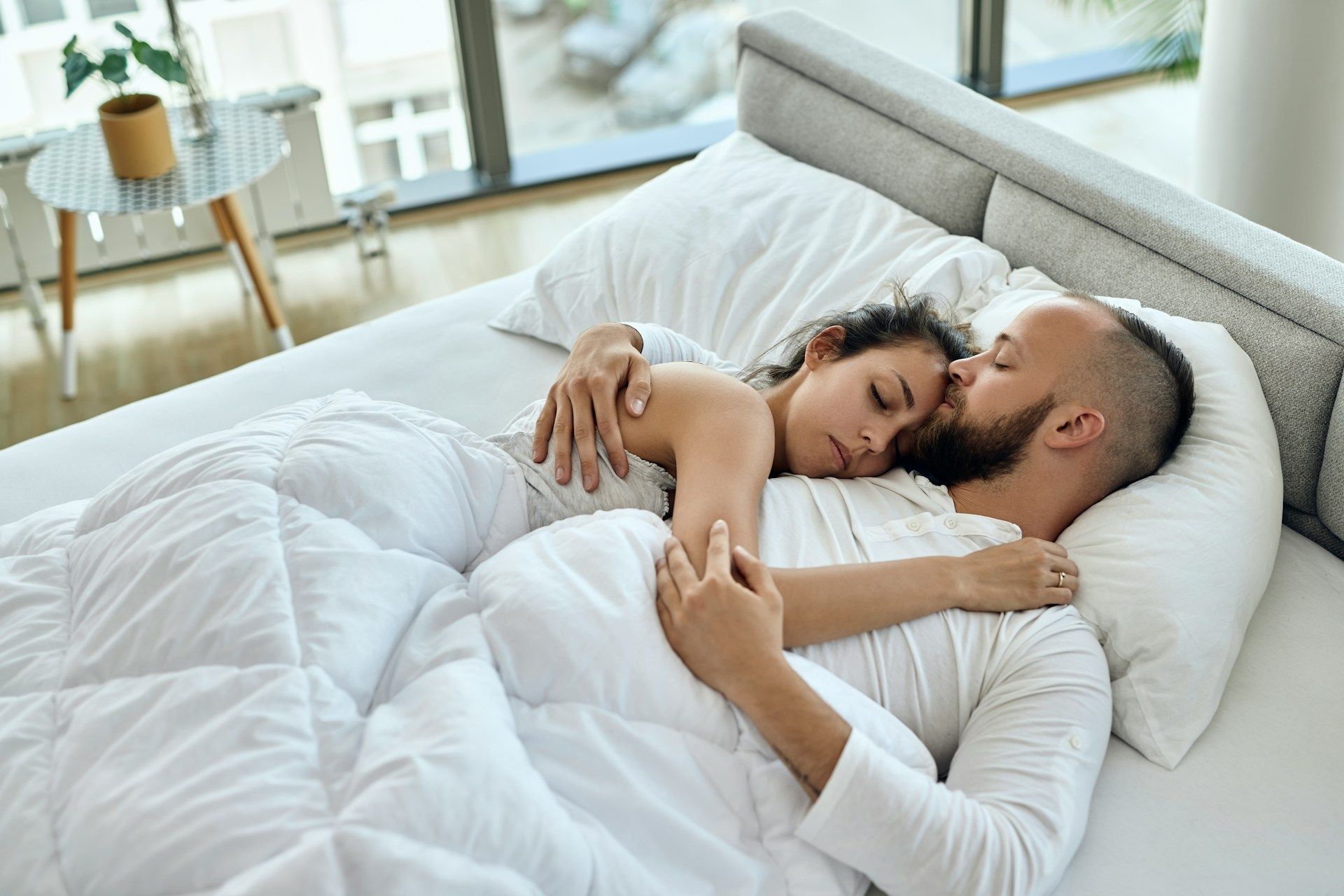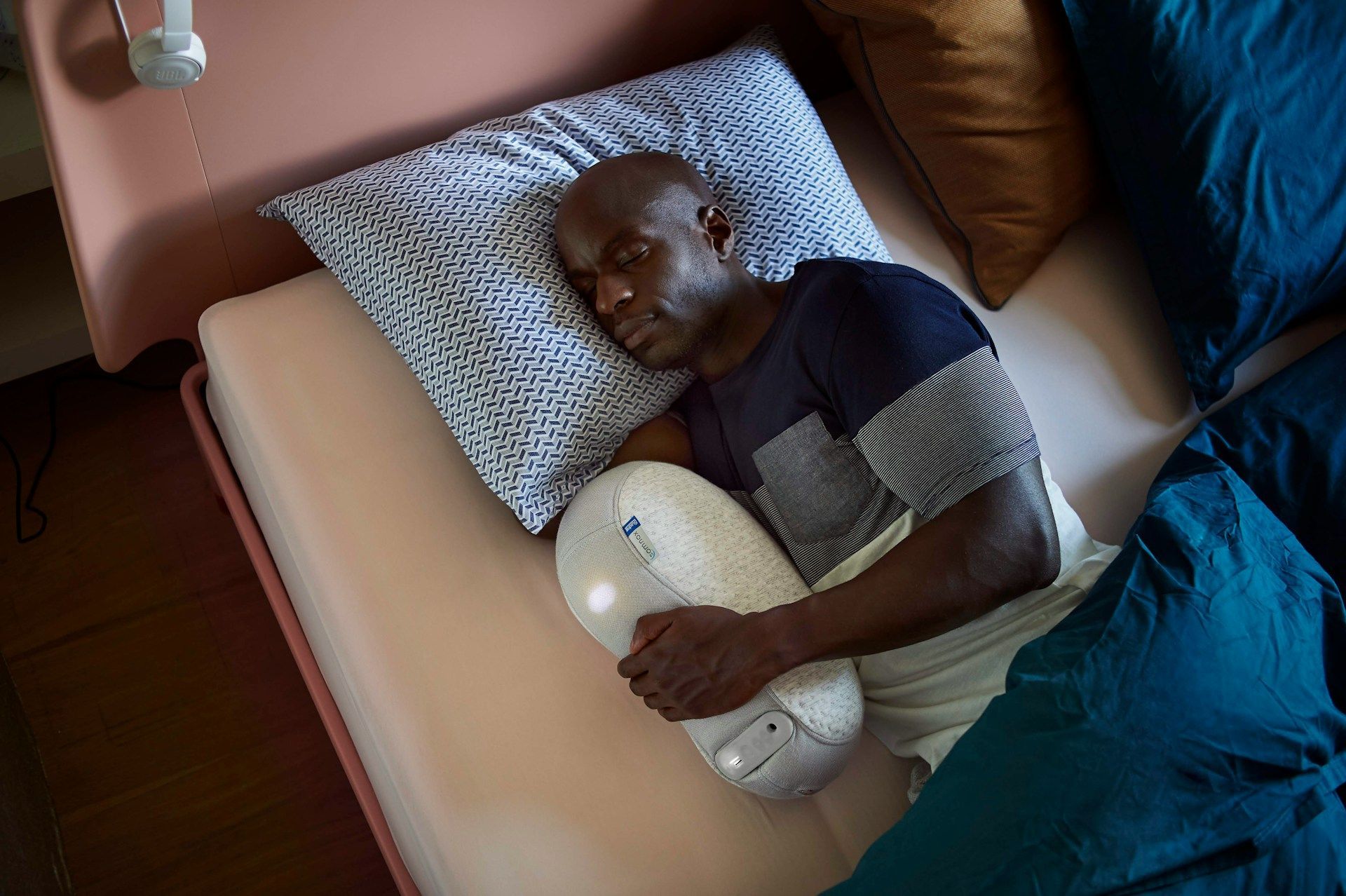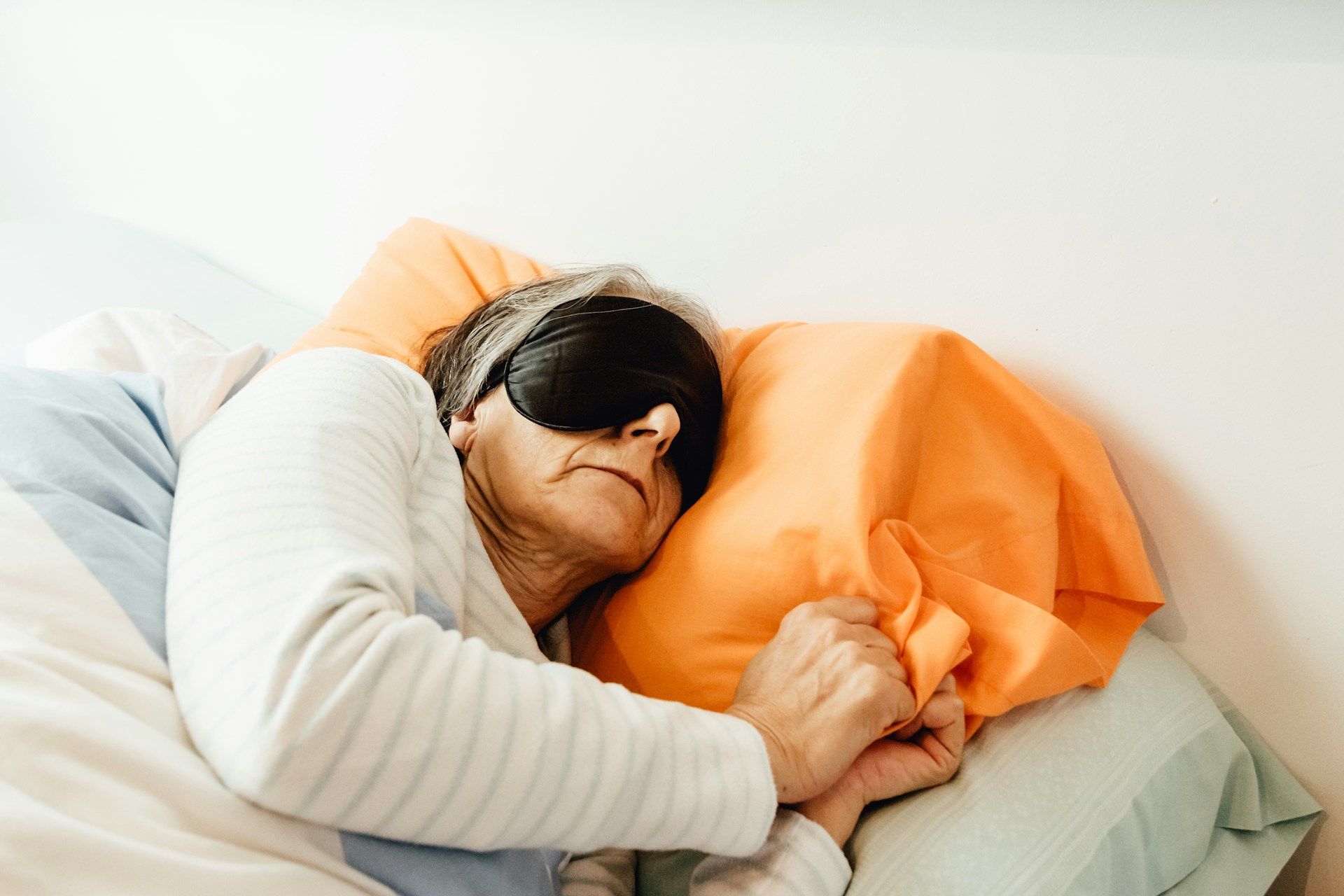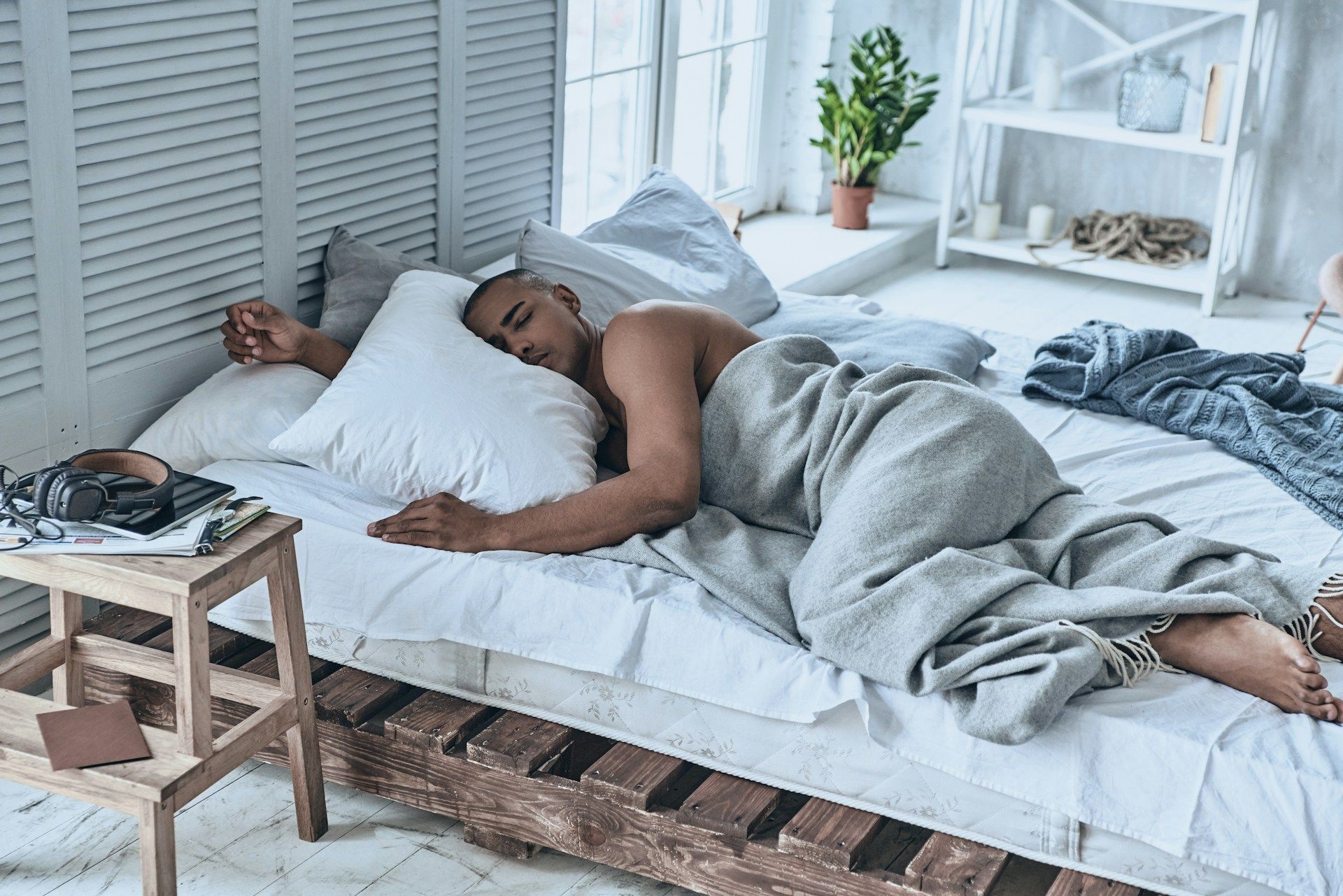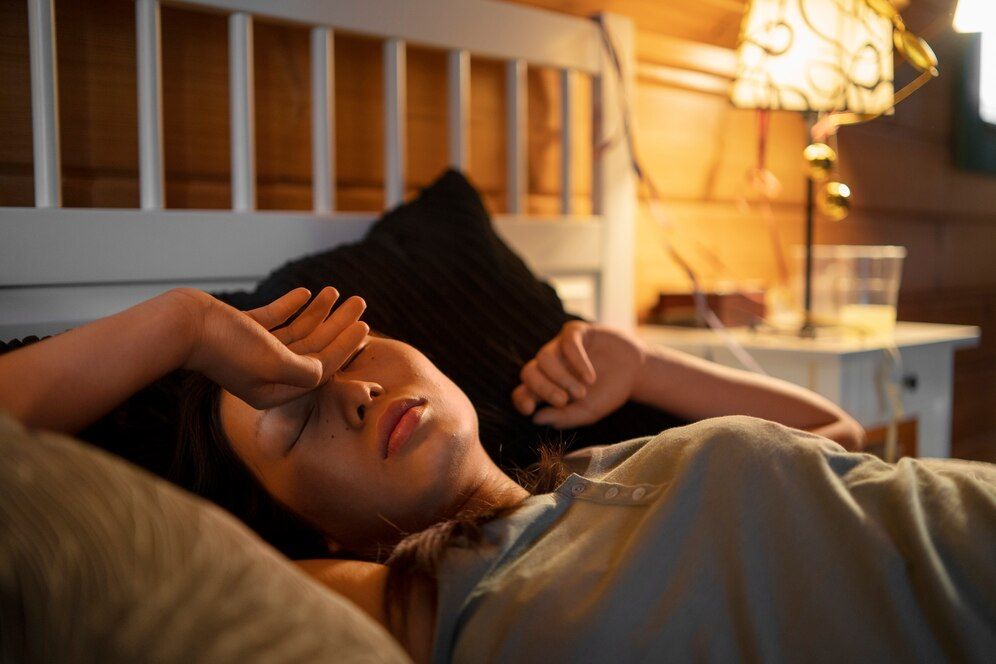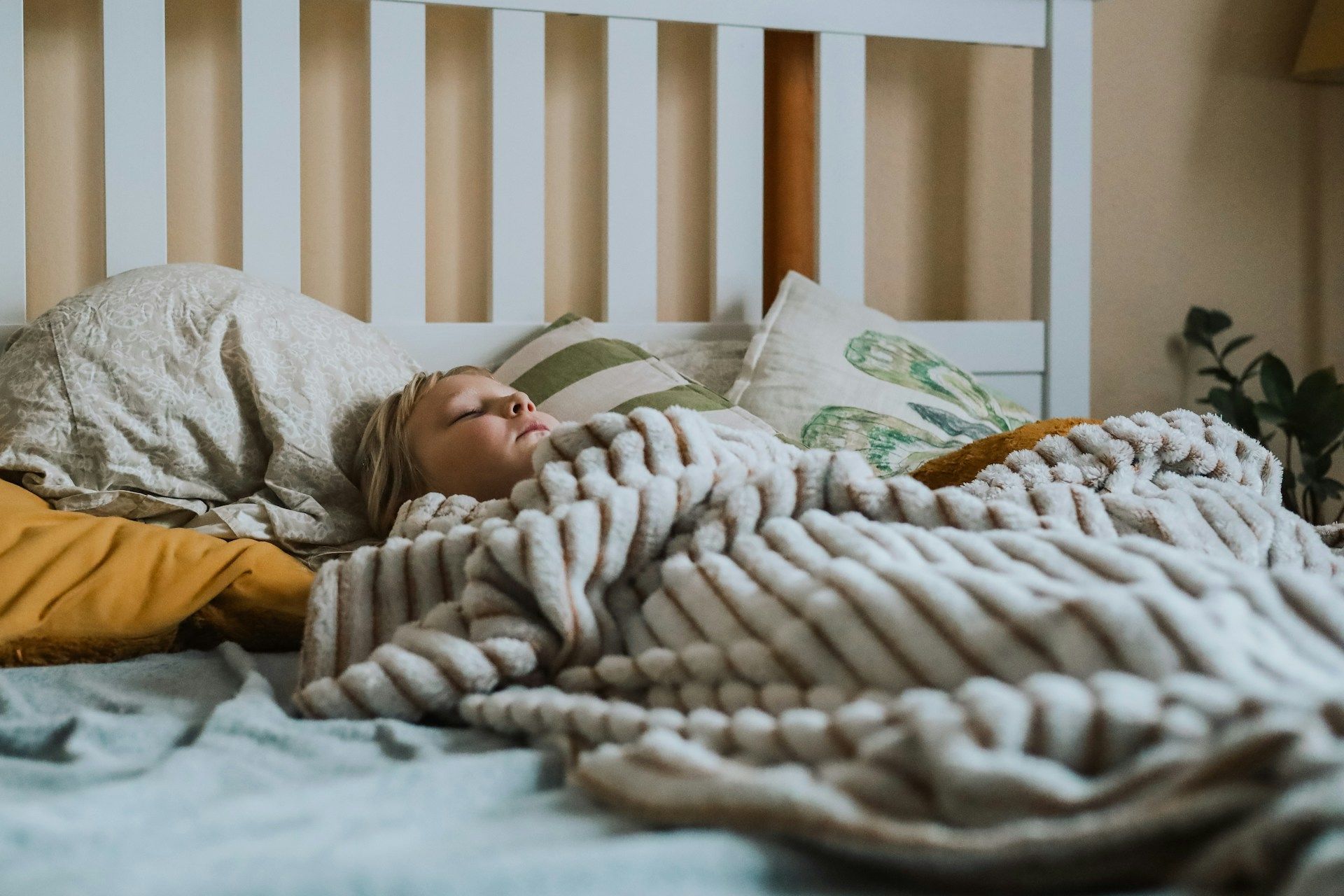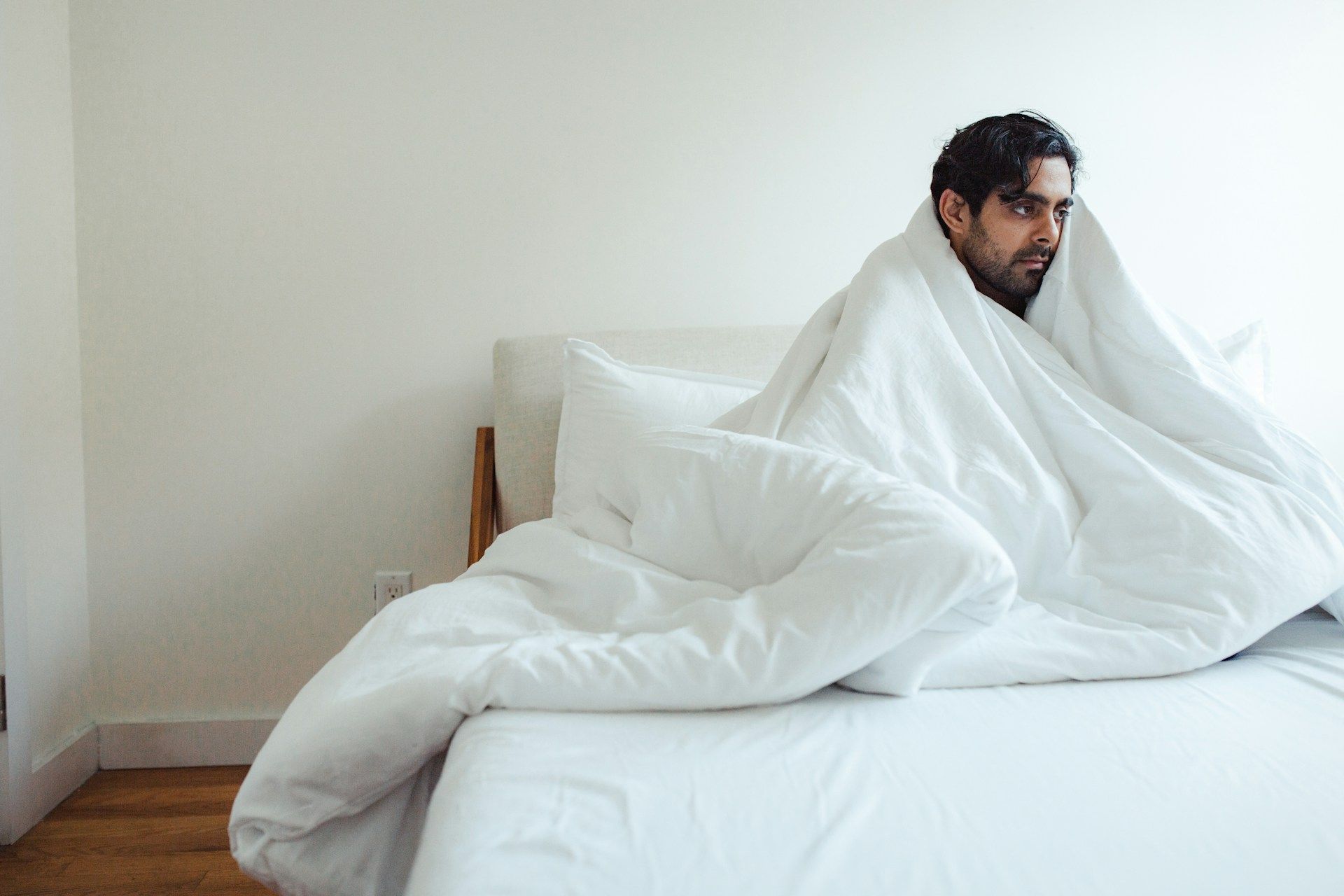CPAP vs. Oral Appliance Therapy: Evaluating Sleep Apnea Treatment Options
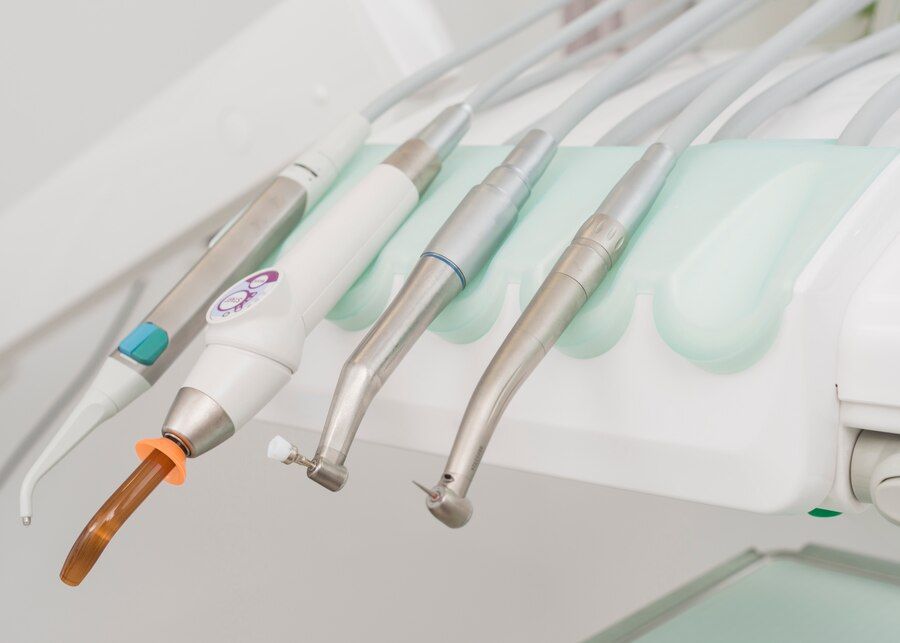
Sleep apnea is a prevalent disorder affecting millions of individuals worldwide, which, if left untreated, can lead to significant health complications and reduced quality of life. Thankfully, various effective treatment options are available, highlighting the importance of understanding the differences between the two most common approaches: Continuous Positive Airway Pressure (CPAP) therapy and oral appliance treatment.
At Sleep Advantage, we understand the importance of presenting comprehensive, accurate information to support patients in making informed decisions about their sleep apnea treatment. Our specialized team is dedicated to providing personalized care and a wealth of knowledge to help guide you through your sleep wellness journey. Through this guide, we aim to enable you to compare CPAP therapy and oral appliance treatment comprehensively, so you can make the right choice for your unique situation.
Whether you're considering treatment options for the first time or evaluating alternatives due to CPAP intolerance, we invite you to join us as we explore the world of sleep apnea treatment. With Sleep Advantage by your side, you'll have the support and information you need to confidently choose the treatment that will improve your sleep and overall well-being.
1. CPAP Therapy: How It Works, Advantages, and Disadvantages
Continuous Positive Airway Pressure (CPAP) therapy is a well-established and effective treatment option for sleep apnea. By delivering a continuous flow of air pressure through a mask, CPAP therapy maintains an open airway, preventing the pauses in breathing associated with sleep apnea. However, it's important to consider both the advantages and disadvantages of CPAP therapy:
Advantages:
- Clinically proven efficacy: CPAP therapy is widely recognized by medical professionals as the gold standard for sleep apnea treatment and has consistently demonstrated its effectiveness in alleviating symptoms.
- Reduced health risks: By maintaining an open airway, CPAP therapy lowers the risk of serious health complications associated with sleep apnea, such as high blood pressure, heart disease, and stroke.
- Improved sleep quality: Patients using CPAP therapy often experience better sleep quality due to the significant reduction in sleep apnea symptoms.
Disadvantages:
- Bulkiness and noise: CPAP machines can be bulky and emit noise during operation, which some patients find disruptive to their sleep or their partners'.
- Difficulties in adapting: Some patients have difficulty adapting to the sensation of wearing a mask during sleep, leading to discomfort and lower treatment adherence.
- Inconvenience during travel: Traveling with a CPAP machine can be cumbersome, as they require a power source and can be challenging to transport.
2. Oral Appliance Treatment: How It Works, Advantages, and Disadvantages
Oral appliance treatment, also known as mandibular advancement devices (MADs) or dental appliances, is increasingly recognized as an effective and viable alternative to CPAP therapy. These custom-fit devices gently reposition the jaw forward, creating an open airway and preventing sleep apnea symptoms. As with CPAP therapy, it's essential to weigh the advantages and disadvantages of oral appliance treatment:
Advantages:
- Comfort and convenience: Oral appliances are smaller, portable, and easily customizable for comfort, making them a user-friendly treatment option.
- No power source required: Unlike CPAP therapy, oral appliances do not require electricity or batteries, which allows for easier travel and fewer disruptions during power outages.
- Ideal for CPAP-intolerant patients: Patients who are intolerant or non-compliant with CPAP therapy often find oral appliances to be a more suitable treatment alternative.
Disadvantages:
- May not work for severe cases: Oral appliances tend to be more effective in treating mild to moderate sleep apnea cases rather than severe cases, which may still require CPAP therapy.
- May cause dental changes: Long-term use of oral appliances may cause shifts in teeth positioning or bite, although these changes are generally minor and can be managed with a dental follow-up.
- Potential TMJ discomfort: Some patients may experience discomfort or pain in the temporomandibular joint (TMJ) during initial adjustment to wearing an oral appliance.
3. Determining the Best Option for You: Key Factors to Consider
When deciding between CPAP therapy and oral appliance treatment, it's crucial to carefully consider the following factors in collaboration with your healthcare provider:
- Severity of sleep apnea: The severity of your sleep apnea diagnosis plays a significant role in determining the most appropriate treatment option.
- Lifestyle and travel habits: Frequent travelers or those with an active lifestyle may find oral appliance treatment more convenient and compatible with their needs.
- Adherence and tolerability: CPAP therapy's effectiveness relies on consistent, daily use, so patients who struggle with adherence may benefit more from the convenience and comfort of an oral appliance.
- Working closely with your healthcare provider: Your sleep specialist and dental professional will be able to provide personalized guidance based on your unique circumstances, symptoms, and preferences.
4. The Sleep Advantage Approach: Personalized Care for Sleep Apnea Treatment
At Sleep Advantage, we understand that each individual's sleep apnea journey is unique, so we offer personalized care to help you make the best treatment decision. Our team will work closely with you to evaluate your sleep apnea condition, discuss your concerns and preferences, and recommend the most suitable treatment option — CPAP therapy or oral appliance treatment.
Embrace Empowered Decision-Making for Better Sleep and Improved Health
Understanding the differences between CPAP therapy and oral appliance treatment is crucial to making an informed decision about your sleep apnea care. At Sleep Advantage, we're committed to providing personalized guidance and support to help you choose the treatment option for your unique needs, including finding the best
dental appliance for sleep apnea.
Don't let sleep apnea dictate your quality of life — take control of your sleep wellness journey today by scheduling a consultation with Sleep Advantage. Discover how our personalized approach to sleep apnea treatment can help you achieve better sleep, improved health, and an enhanced sense of well-being!

